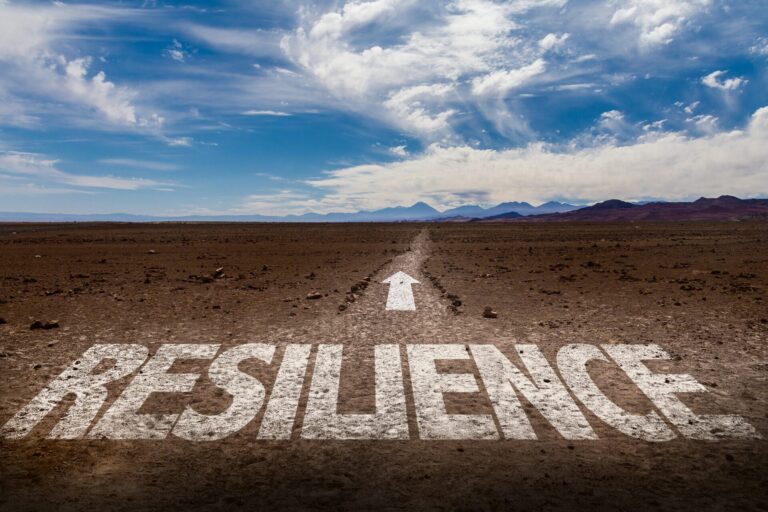How We Find Resilience During Impossible Times
HINT: It’s not sucking it up or going on self-improvement benders.
Since the onset of COVID-19, we’ve been inundated with strategies to keep us safe.
By now, most of us have the hand-washing, mask-wearing, and distancing habits down.
But what about protecting our mental health during impossible times? Can resilience be found?
Some say that now is the time to Marie Kondo our lives. That if we’re not on a self-improvement bender, something is wrong with us.
Modern brain science and trauma-informed models have something different to say. That we need to create time and space to heal. That simply filling our days with tasks and succumbing to motivational pressure might get in the way of our search for resilience.
Resilience is found when we:
- Avoid thinking that there’s a linear, formulaic way of coping. Organisms do not magically bounce back into homeostasis in three quick steps. Resilience is a process of adaption and growth that happens over time.
- Resist judgment-laden labels. You are not lazy, panicked, or irrational if you’re not barreling through your checklist as usual. Life is not the same, and it won’t be. We need compassion for ourselves, and one another to protect, nurture, and edify mental health.
- Realize we are wired for resilience. We are a highly adaptable species. When we grapple with dark emotions, we can make the mistake of thinking we are not resilient, even when we are. Research shows that resilient people are able to name the full spectrum of their emotions as part of their healing process.
- Keep adding to our emotional hygiene toolboxes. There is no health without mental health. COVID-19 is requiring us to get creative with the tools we’ve always had and to craft new ones. There isn’t one magic wand or tool that can help us instantly find resilience, but science emphasizes mindfulness, exercise, breathing, community, spirituality, kindness, and creativity as protective factors for well-being.
- Strive to implement micro strategies. Behavior change is more likely to be sustained when we select specific activities that are feasible, instead of trying to make massive, monumental shifts. If your sleep schedule is thrown off, pick one or two habits to target, like getting off your screen one hour earlier than usual, or asking someone to check in that you get up on time. Small things can make a big difference. Often, once we regulate one area of our lives, it helps generate momentum for additional areas.
- Self-advocate. Everyone’s responses to traumatic events are different. Resist the pressure to just superhero through things without allowing some space to cope. Communicate with people at work and at home what is helpful to you. Try using the phrase “it would mean a lot to me if … (i.e., I could have some flexibility in my deadlines, we could spend time talking about something else, etc.). Pretending we’re “fine” and bottling our emotions can erode well-being and hinder our capacity to cultivate resilience.
- Work to stay in the now. Anyone who has a fear of heights has been told “don’t look down” to avoid the flooding of panic and fear. Similarly, if we are constantly focused on the fear of falling sick or spiraling downwards, we won’t be able to focus on what the present moment offers. Resilience involves developing a now mindset-one that works to do your best in the moment and creates the space for grieving, coping, connection, creativity, and gratitude. These are all evidence-based means of sustaining us in the long run.
*A post is not a substitute for medical advice. It offers general guidance and tips but does not speak to every unique situation that can arise in one’s health. Please consult with a trusted licensed practitioner for recommendations that best suit your care needs.
References
Lee, K. (2017). Mentalligence: A New Psychology of Thinking-Learn What it Takes to be More Agile, Mindful and Connected in Today’s World. Deerfield Beach, FL: HCI Books.






